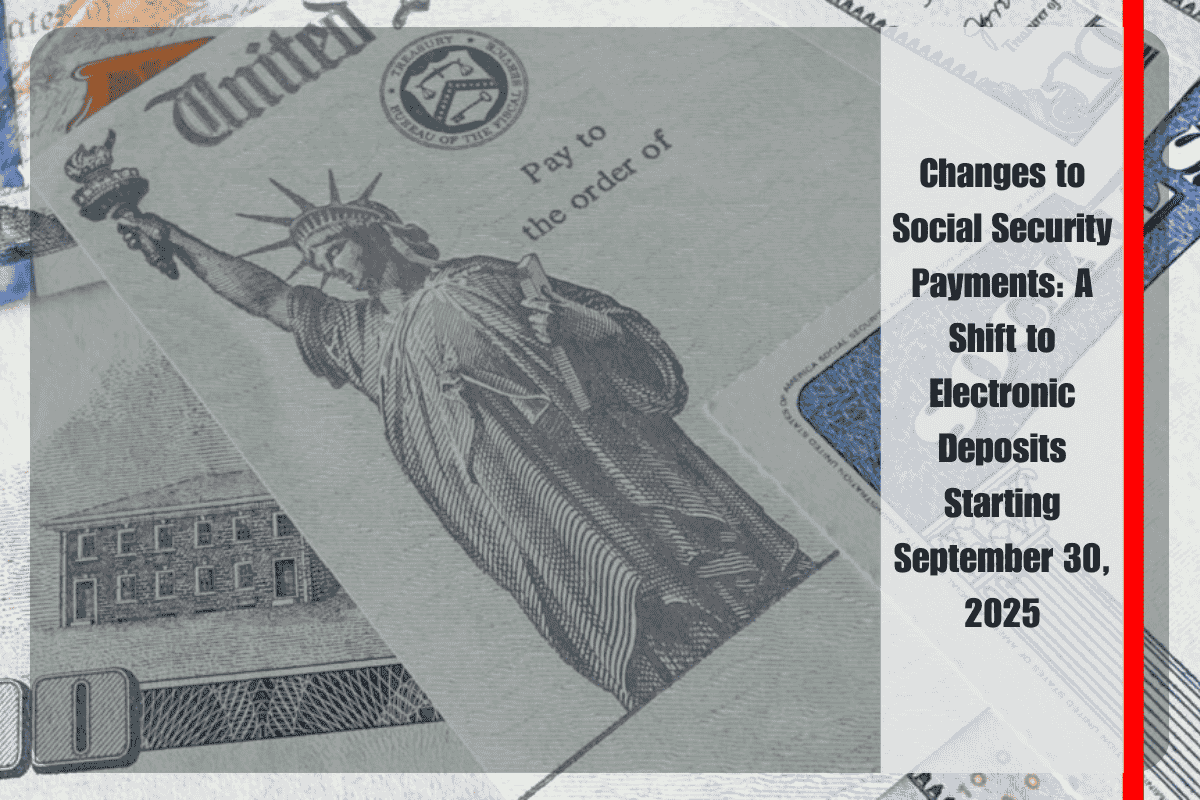As the cost of living continues to rise and economic uncertainty looms, many Americans are carefully considering the best time to start taking their Social Security benefits. While it may seem appealing to claim these benefits early, financial experts often advise against it, as early withdrawal can result in significantly lower payments and potentially jeopardize retirement security. However, there are several strategies that can help you delay taking your Social Security benefits and maintain their full value.
Why Delaying Social Security Matters
Taking Social Security before reaching your full retirement age (typically between 66 and 67) can lead to a permanent reduction of up to 30% in your monthly payments. On the other hand, waiting until you are 70 can increase your payments by 8% each year beyond your full retirement age. This makes delaying your benefits a strong strategy for maximizing your financial security in the long term.
Strategies to Delay Social Security Benefits
Financial experts, speaking to CBS News, have outlined some effective strategies for postponing your Social Security benefits to maximize their value:
- Use Personal Savings and Emergency Funds
If you have accumulated savings over the years, now may be the time to use them. Drawing from a high-yield savings account or a money market fund can bridge the gap before you reach the optimal time to start taking Social Security. These savings options are easily accessible and safe, making them ideal for short-term financial needs. - Use a Roth IRA
Roth IRAs allow you to withdraw funds tax-free and without penalties after you reach 59. By using a Roth IRA to cover early retirement expenses, you can avoid dipping into your tax-deferred accounts, allowing your Social Security benefits to grow while you delay taking them. - Part-Time Jobs or Freelancing
Taking on a part-time job or freelance work, even for a few hours each week, can provide supplemental income while you delay Social Security. Many retirees opt to consult, work from home, or take local part-time jobs, which not only provide extra income but also offer social engagement and a sense of purpose. - Laddered CD or Bond Ladder
Building a CD (Certificate of Deposit) or bond ladder involves investing in multiple CDs or bonds with staggered maturity dates. This strategy generates a steady stream of interest income over time, allowing you to access funds without having to claim Social Security too soon. - Consider Home Equity
For homeowners, downsizing or opting for a reverse mortgage can provide a financial cushion to help cover retirement expenses while postponing Social Security. However, it’s crucial to consult with a financial expert to ensure that this option aligns with your long-term retirement goals.
Thinking Ahead
Delaying Social Security is not just about receiving a higher monthly check; it’s an essential part of a comprehensive retirement strategy. Financial planner Taylor Kovar told CBS News, “The longer you can delay, the better off you typically are in terms of lifetime income.”
Ultimately, the decision to delay Social Security depends on personal factors such as health, life expectancy, savings, and income needs. By implementing strategic planning and smart financial decisions, you can enjoy a more secure and stable retirement without the need to rush into claiming your Social Security benefits.












